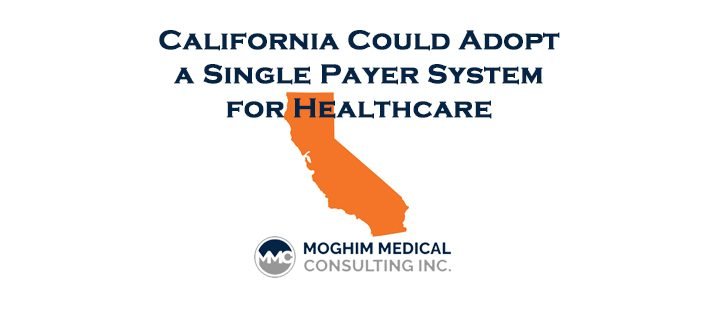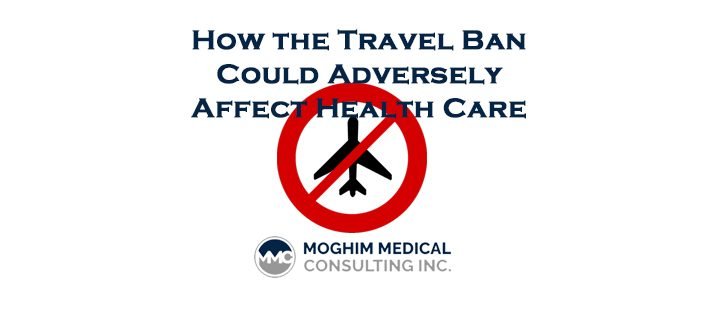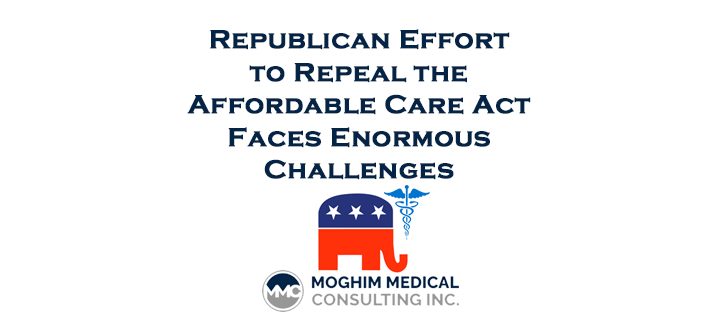
When Should Doctors Retire?
Competency is the foundation of sound clinical practice and is essential to preserving the lives of patients. However, unlike many other critical professions like airline pilots, air traffic controllers and law enforcement officials, the medical profession does not mandate that physicians of a certain age retire. Competency Concerns with Aging Doctors There is considerable evidence that physician fitness does degrade following age 65; a 2005 report by Khaliq, et al, found that physicians who have served for forty years or more had a 6.6% likelihood of receiving some form of disciplinary action as opposed to the 1.3% rate among those with only ten years of service. With the wellbeing of patients at stake, many within the healthcare community have argued that there should be a mandatory retirement age for physicians.…









